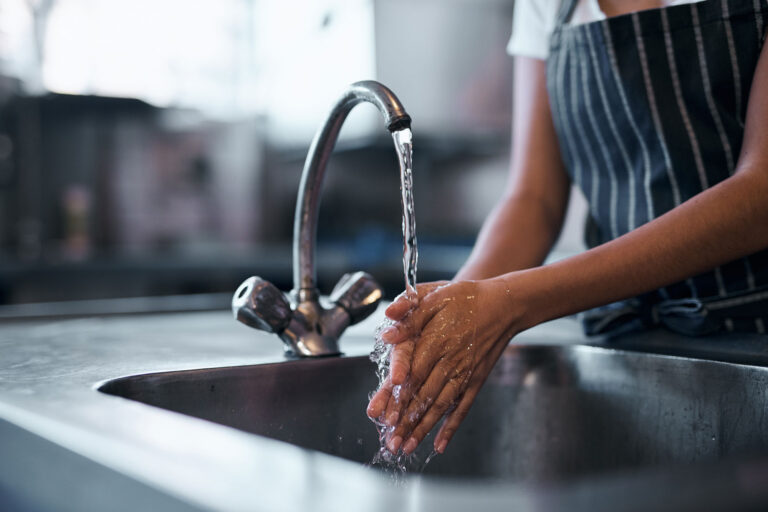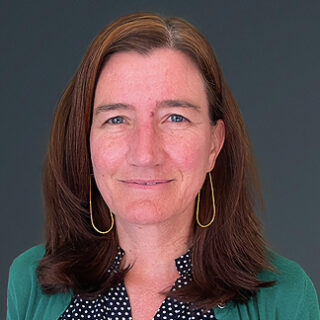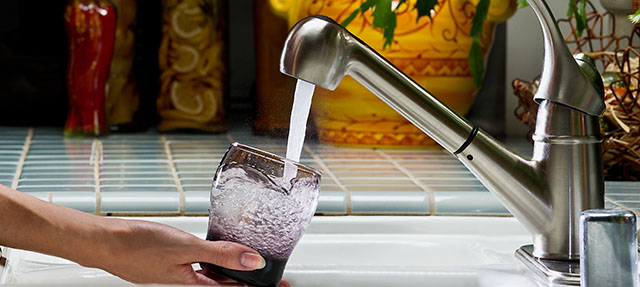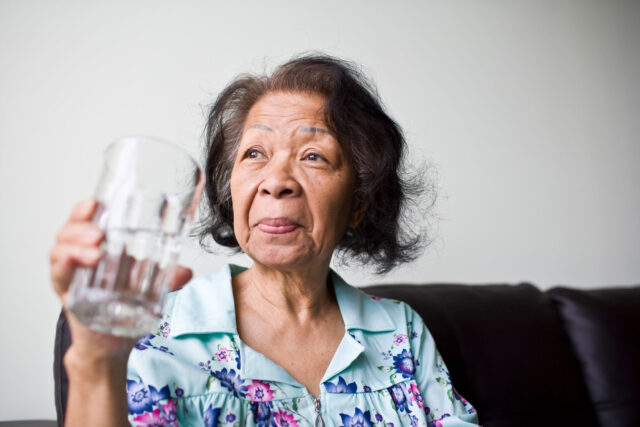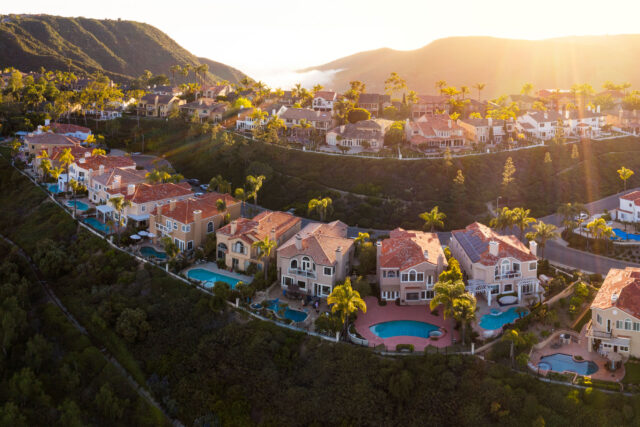This post is part of a series reflecting on California’s experience of the COVID-19 pandemic.
East Bay Municipal Utility District (EBMUD) general manager Clifford Chan took over the utility in June of 2020, just months into the COVID-19 pandemic. We asked him about how the pandemic affected his work at a large urban water agency—and what changes it wrought.
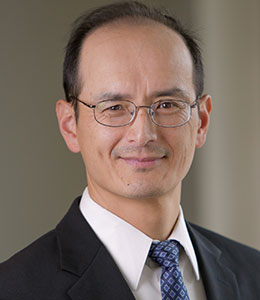
What challenges did you face walking onto the job in the early days of the pandemic?
You can’t talk about the last two years without talking about COVID. There was so much we didn’t know—we were all scared. And it affected us both at work and home: we had to keep our employees and our families safe. At the same time, we had to supply water to the community uninterrupted. Some people were genuinely scared to come to work, so initially it was challenging to ensure we had enough staff. It’s remarkable how far we’ve come.
I also came onboard only a month after George Floyd was murdered. We as a society were in a time of deep reflection. Since then, EBMUD has come a long way in our work to advance diversity, equity, and inclusion. That work won’t end.
I’m guided by a few principles: keep our employees safe, protect public health and the environment, and realize it’s okay to make mistakes. There’s a Maya Angelou quote I love: “Do the best you can until you know better. Then when you know better, do better.”
Water affordability was a policy issue even before the pandemic hit. How did this change during the pandemic?
Before COVID, affordability was an important discussion. However, making water less expensive comes at the expense of providing safe and reliable service—investing in infrastructure, providing clean water, boosting resilience to things like climate change, and attracting the best and brightest to the industry.
During COVID, the disparity between those with means and those without was amplified. We have a very generous Customer Assistance Program (CAP), but we made changes in response to COVID. We created online tools to make it easier for customers to sign up and developed targeted messages to engage customers affected by COVID, including going to COVID testing sites. We received millions of dollars from the California’s Water and Wastewater Arrearage Payment Program to help customers who fell behind on their bills.
In addition, we saw the challenge of homelessness in our community and wanted to be part of the solution. So we updated our regulations to allow homeless shelters to use hydrants to quickly get access to water.
COVID-19 taught us a few things. First, we could do things a lot faster than we thought. Businesses around the world went from work in the office to work at home in a matter of weeks. And we suspended shutoffs before the governor’s mandate and restored service to those who had been shut off. And the world didn’t fall apart!
Are shutoffs still an issue? How is EBMUD dealing with them now?
During COVID, we suspended shutoffs. No agency knew what would happen. Two years later, our data shows that the total number of delinquencies has stayed about the same, but those delinquent for over 100 days has more than tripled. Our residential arrearages have gone from about $3 million pre-COVID to $14 million today. I look at this as a solvable problem. Most people kept paying their bills, but some went longer without paying.
In the past, utilities would shut off water service to customers who fell behind on payments. They would go from full service to nothing. While that sent a strong message, it put people in a very desperate situation. We realized we could send the same strong message to those few customers who don’t pay or engage, but instead of a shutoff, we could put in a flow restrictor. That way the customer has enough water to meet basic needs. And the flow restrictor is the last thing we do after we’ve exhausted all other efforts.
EBMUD has gained a reputation for pushing the envelope to help low-income customers. What else are you trying, and how is it working?
It’s not just about financial assistance—it’s also about responding to our customers’ needs. We have programs to help customers save water and test their water quality. We partnered with PG&E on a pilot to conduct energy and water conservation audits for low-income households. And we’re looking at partnering with a company to provide discounts to low-income customers for near real-time flow meters that can help identify leaks early.
We also want to educate people about protecting water quality. EBMUD manages 29,000 acres of local watershed land, with lots of recreational trails. To create greater outdoor access and watershed awareness, we gave free trail permits to our customers in CAP.
Finally, while we have the most generous CAP in the state, we don’t run the sewer collection system. So we approached cities we work with and asked if customers receiving CAP could get similar savings on their city’s sewer service charges. Oakland and Emeryville have signed on, and Berkeley is very close.
Anything else?
Everything we do is about public health and protecting the environment. I’m a sixth-generation Californian, and I’m heavily invested in this community and protecting the environment. That’s a water utility’s role.
